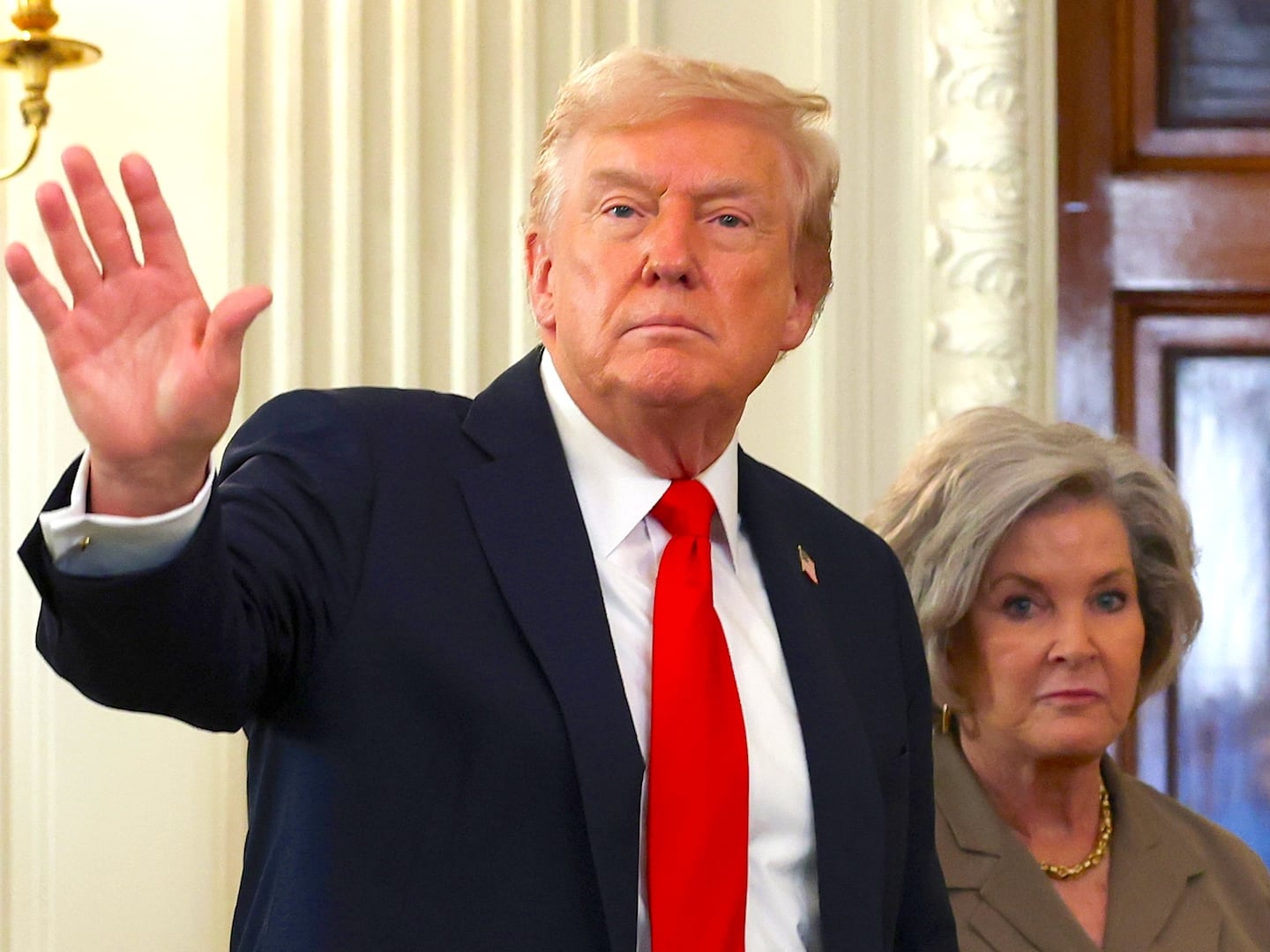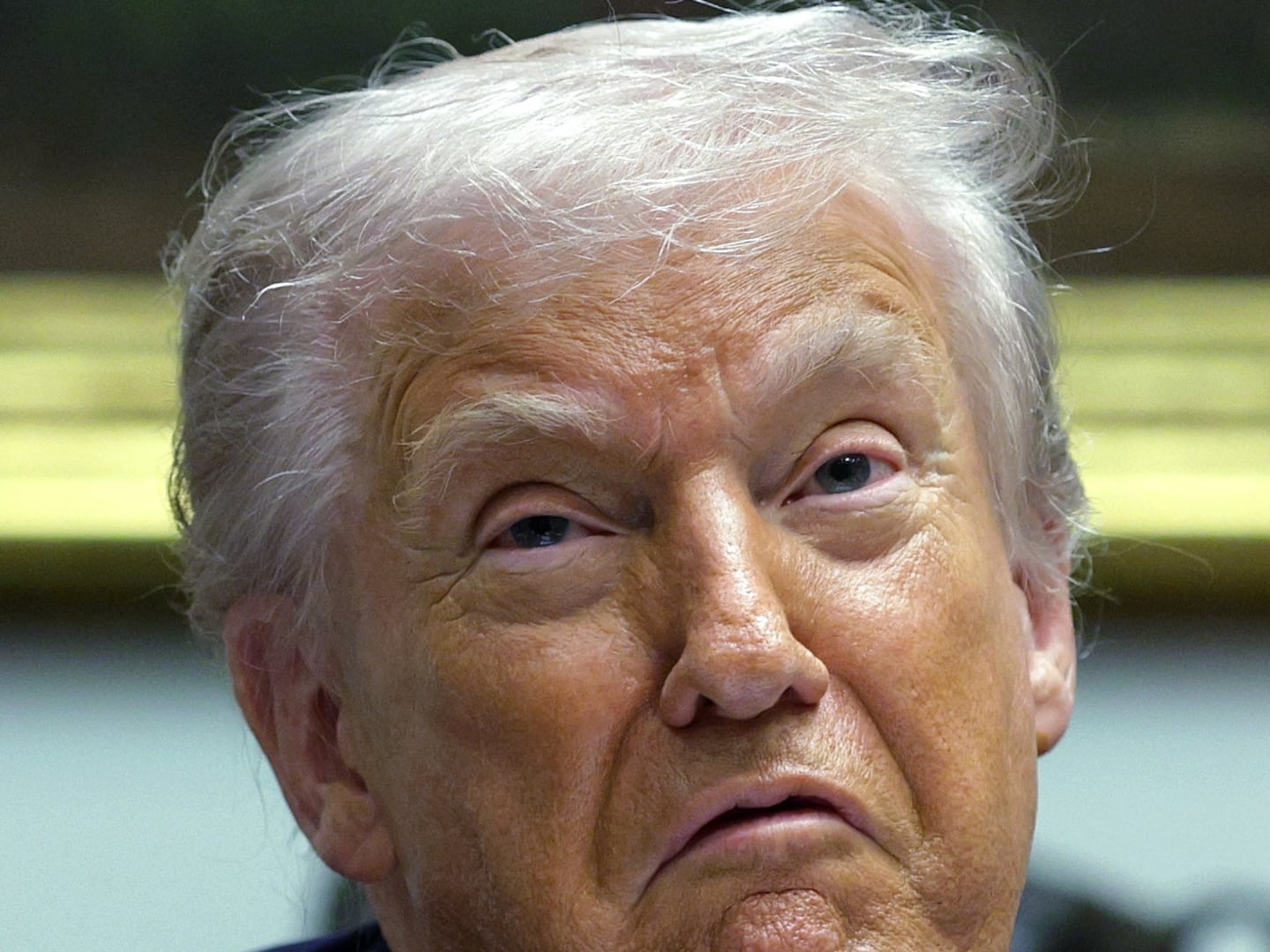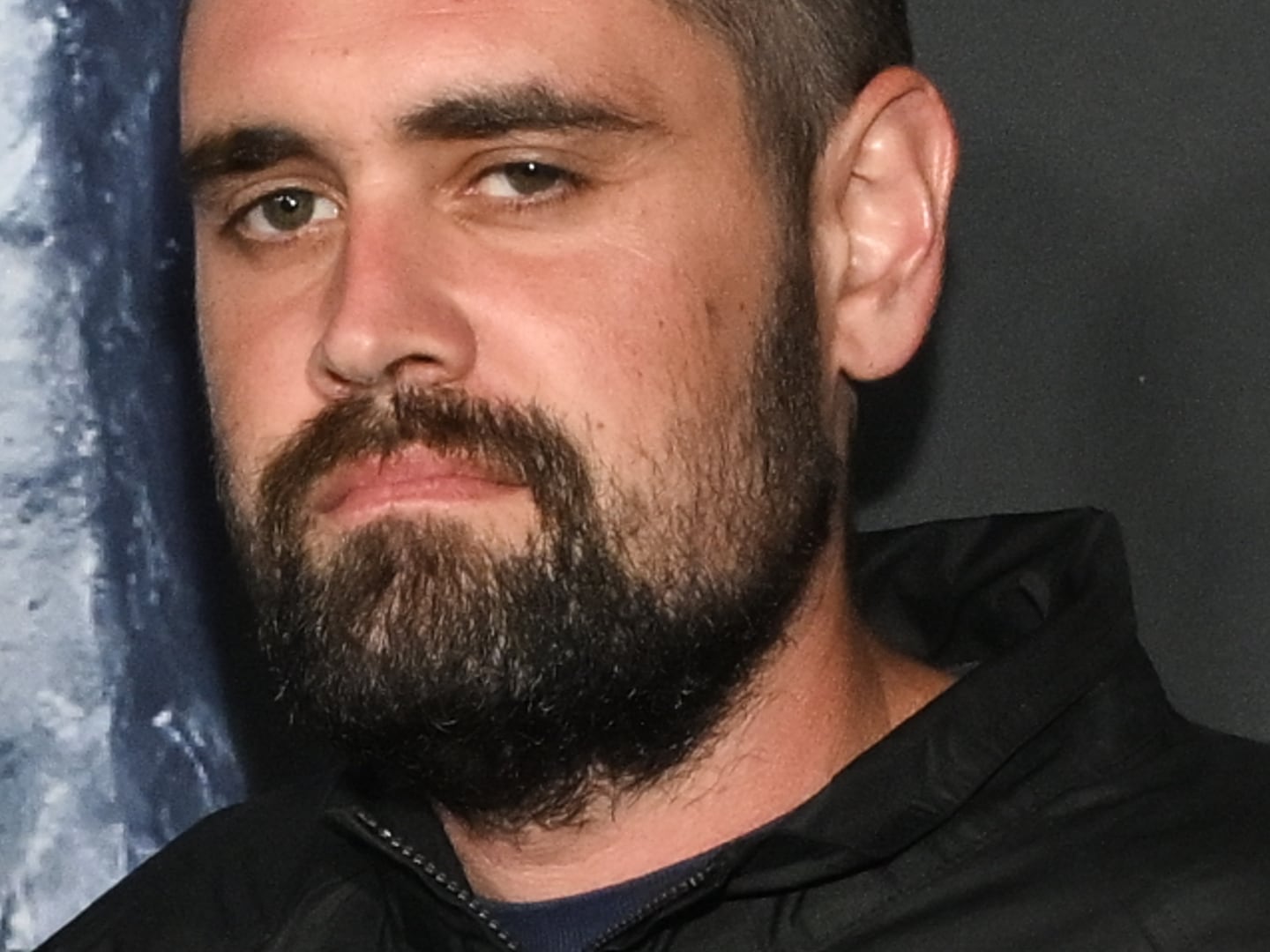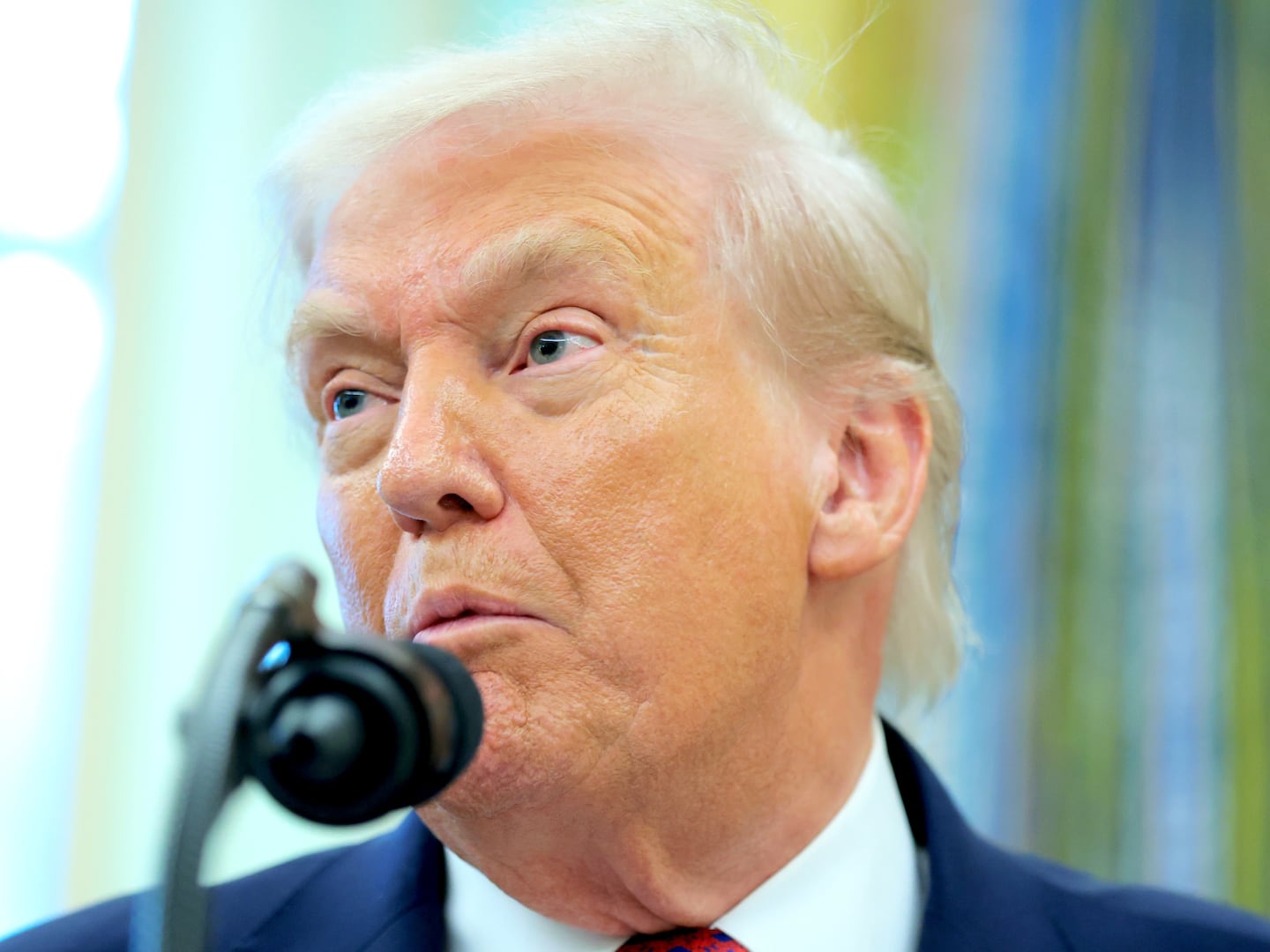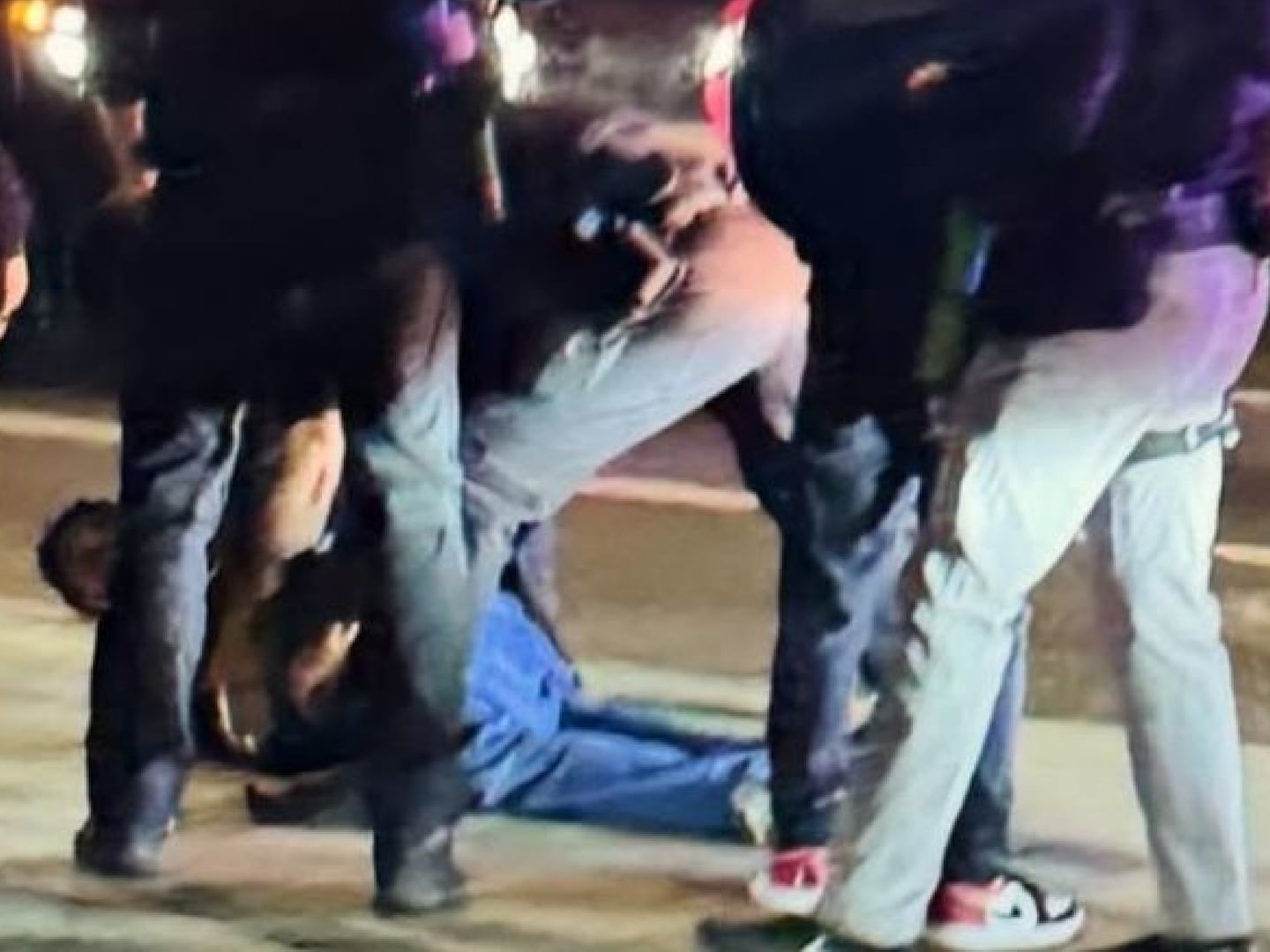
For the next six weeks, more than a million devout Catholic pilgrims are expected to make their way to the cathedral of St. John the Baptist in Turin, Italy to pray in front of the holy shroud, believed to be Jesus Christ’s burial wrap. The next time the shroud is scheduled to be open to the public is 2035, so those arriving for the opening days are anxious to catch a glimpse. Each visitor is allowed three to five minutes to pray in front of the bullet-proof glass case. Ushers in purple vests and feather caps hand out prayer cards for those who need a little spiritual guidance. “It is a glorious opportunity to be in the same room with the cloth that was wrapped around the body of Christ,” says Maria Brodi, sliding a rosary through her fingers as she waits along the path outside the church. “It strengthens my faith.”
"A lot of people are just trying to make money from the Church,” says Giovanni Salvati, who came to see the Shroud of Turin. “There are a lot of false accusations of abuse.”
Faith may seem in short supply for today’s Catholics if you read the headlines. But Brodi and millions of others who make pilgrimages to sites like Turin, Lourdes, and Santiago de Compostela are wholly uninterested in the pedophile sex scandal rocking the Catholic Church in Rome. To the vast majority of the devout, Pope Benedict XVI is infallible and the church has done nothing wrong. In fact, to many Catholics, the Vatican sex scandal is mostly hype. “So much of this scandal is overblown,” says Giovanni Salvati, another pilgrim who last came to pray before the shroud when it was on display in 2000. “A lot of people are just trying to make money from the Church. There are a lot of false accusations of abuse.”
The excuse that many abuse cases are based on false accusations is an insult to real victims who lost their virginity or who were brutally sodomized by their parish priests. And it is equally frustrating for parents and local clergy whose legitimate complaints went directly to the man who now leads the world’s Catholics. In the latest in a string of scandalous revelations dogging the Holy See, the Associated Press confronted a Vatican spokesman with a letter about a California priest named Stephen Kiesle that Joseph Cardinal Ratzinger, now Benedict XVI, personally signed. In the letter, the local California diocese wanted to laicize or remove Kiesle from the priesthood at Kiesle’s own insistence. But then-Cardinal Ratzinger, in Latin, urged the diocese to carefully review the case before defrocking him “for the good of the universal church.”
Sadly for the victims, the good of the church is all that counts to many Catholics. “Extremely devout Catholics seem to find it harder to accept the sad truth that many priests assault kids and many bishops conceal crimes,” David Clohessy of the Survivors Network for those Abused by Priests told The Daily Beast. “It's important for those who love their faith to also understand that the church officials have done and do terrible things that violate everything the faith teaches.”
To victims like Clohessy, the long-standing obsession with the Church’s image “has been one of the key reasons thousands of boys and girls have been sexually assaulted by predatory priests, nuns, brothers, seminarians and bishops.” And as each alleged victim comes forward with a story more lurid than the last, Clohessy says that Vatican leaders will likely retreat even more. “Benedict’s first focus should be on protecting the Church’s children,” says Clohessy. “When he does that, the Church’s image will rebound automatically.”
What troubles victims the most is the similar pattern in all of the allegations. When victims came forward, they were consistently advised not to go to local authorities until the diocese could investigate. In some cases, accused priests were (and still are) simply shuttled into hiding as investigations ensue. In 2005, Joseph Palanivel Jeyapaul, 55, an Indian-born priest was charged with sexually assaulting a 14-year-old girl in Minnesota where he had been assigned since 2001 to fill the priest shortage in America. He was quickly returned to India as the investigation into his alleged abuse started to get serious. He is still there today despite an extradition order to return him for prosecution in Minnesota. Jeyapaul says that the accusations against him are false. “The motive behind it is that in the U.S. they want to get money from the dioceses,” he told India wire service ANI. “That is what they do.”
“It's important for those who love their faith to also understand that the church officials have done and do terrible things that violate everything the faith teaches,” says David Clohessy, a victims’ rights advocate.
Similar sentiments are echoed in parishes across Europe and the United States, where an individual diocese’s willingness to pay off victims has created a cottage industry for many victims and a point of contention for church leaders. By the time the American pedophile scandal peaked in 2007, U.S. dioceses had paid out $3 billion to alleged and confirmed victims of predator priests. In 2009, the Irish church confirmed that it had paid out more than $1.34 billion euros to abuse victims, many of whom had to painstakingly prove their abuse through detailed testimony and proof in the form of witnesses in whom they confided during the abuse. Most of the money comes from the church coffers funded largely by parishioner donations, but some comes from selling or mortgaging church property.
Sex abuse in the church is not easy to prove. The U.S. Conference of Bishops estimates that, worldwide, 5,000 priests have been accused of sexually assaulting as many as 12,000 children since 1950. The majority of victims who allege abuse don’t come forward until they reach adulthood, often long after the offending priests have died, meaning the suspected abusers cannot defend themselves. In these cases in particular, proving abuse is a delicate balance. Often, those who win financial compensation are victims of super-predators who systematically abused scores of children during a well-known period of time. But there are other cases where alleged victims have no tangible proof of abuse. If abuse cannot be proved – either because the accused priest is dead and the alleged victim didn’t confide in friends or family at the time, the church often denies those claims.
Victims groups continue to claim that the church is unresponsive to their pleas for transparency. On Monday, the Vatican unveiled a Web link devoted to the topic of abuse. Press reactions and directives to diocese include words that victims have been demanding like “Civil law concerning reporting of crimes to the appropriate authorities should always be followed.” But it also includes words the victims say are at the heart of the problem. “In cases where the accused priest has admitted to his crimes and has accepted to live a life of prayer and penance, the [Congregation for the Doctrine of Faith] authorizes the local bishop to issue a decree prohibiting or restricting the public ministry of such a priest.” The child abuser should, in fact, be committed to a life behind bars. The directive to the bishops continues: “Should the cleric be judged guilty, both judicial and administrative penal processes can condemn a cleric to a number of canonical penalties, the most serious of which is dismissal from the clerical state.”
For the faithful Catholics whose pilgrimages bolster the Church, allegations of abuse will continue to seem far-fetched. “Because people recoil from horror, generally believe the best about others, and desperately want to see kids safer, they will likely believe terrible child sex crimes and cover ups are magically being ‘fixed’ when Vatican officials make pledges of reform,” says Clohessy. But for the victims of these predator priests, nothing short of an admission that the Vatican made serious mistakes will ever be enough.
Barbie Latza Nadeau, author of the Beast Book Angel Face, about Amanda Knox, has reported from Italy for Newsweek Magazine since 1997. She also writes for CNN Traveller, Budget Travel Magazine and Frommer's.


